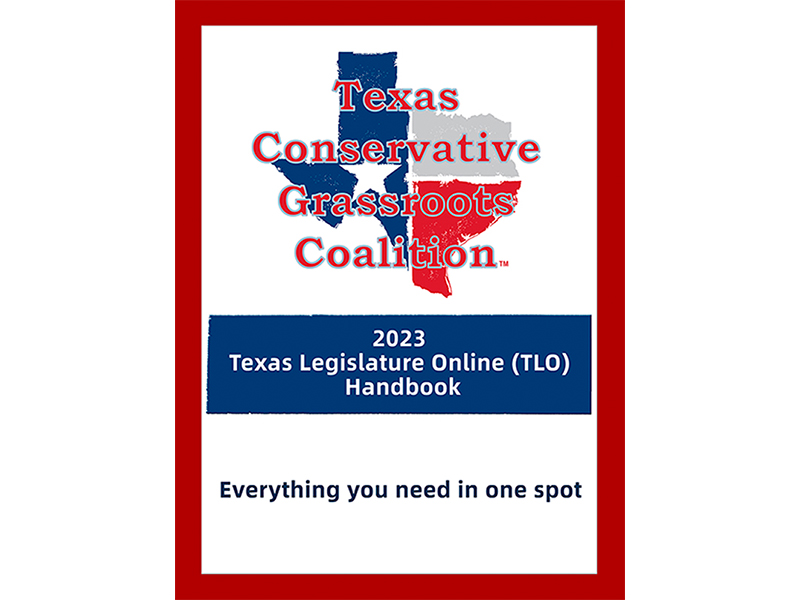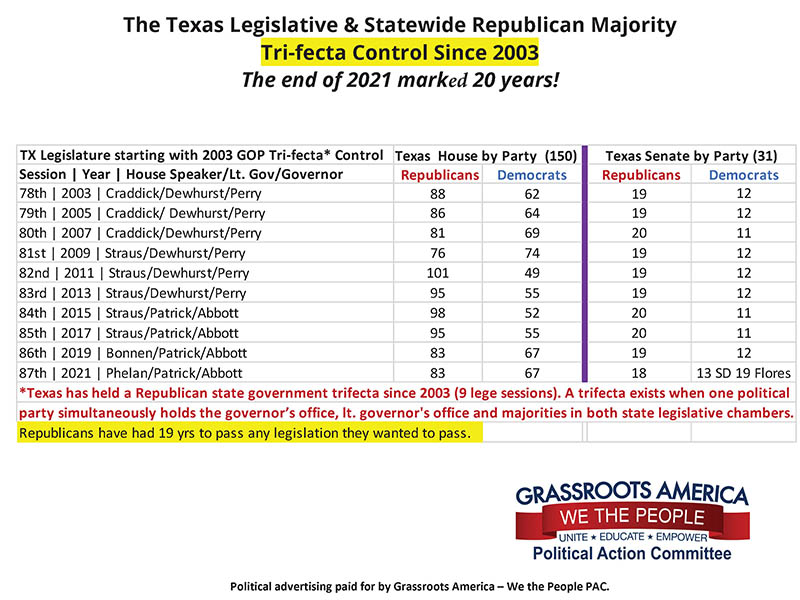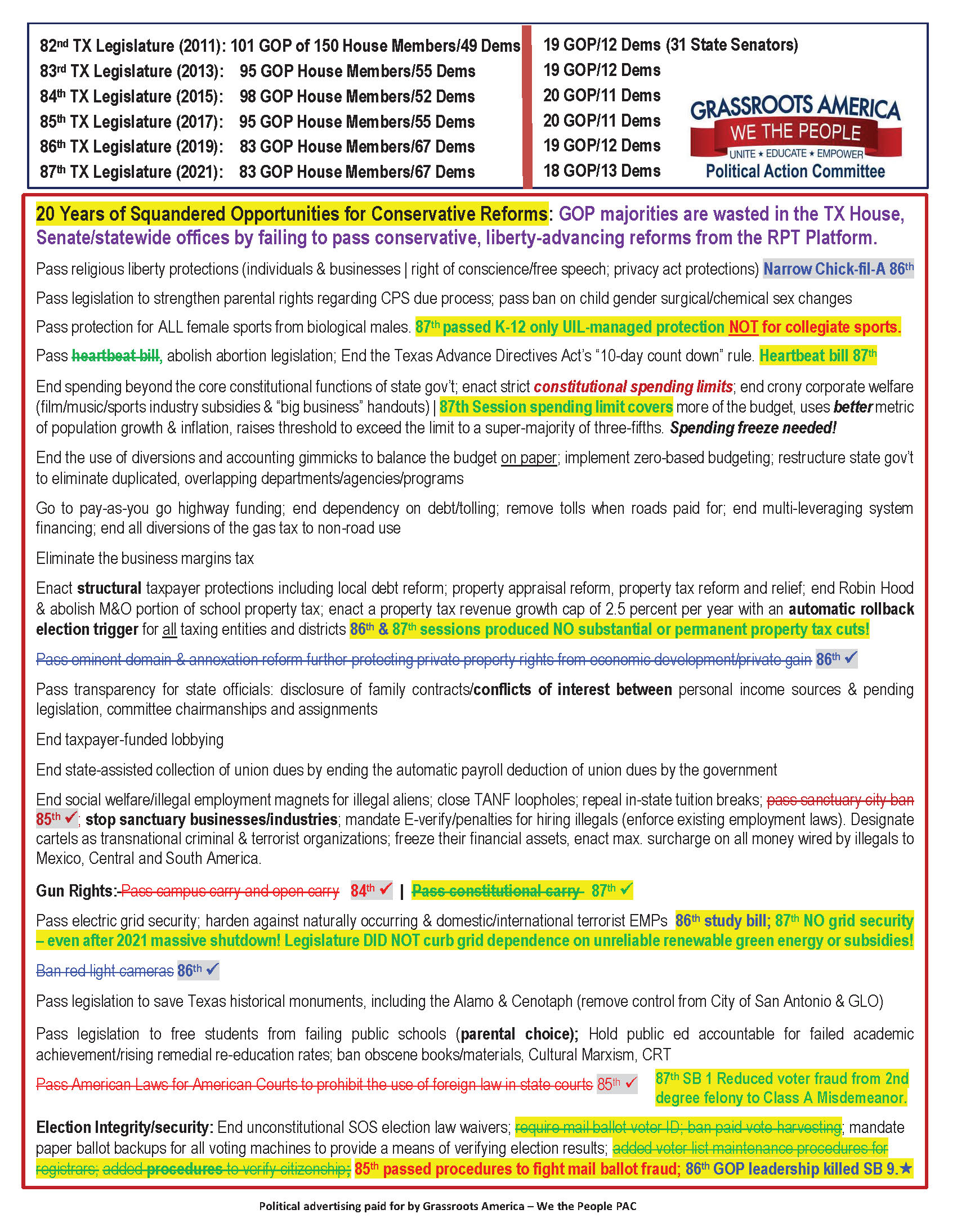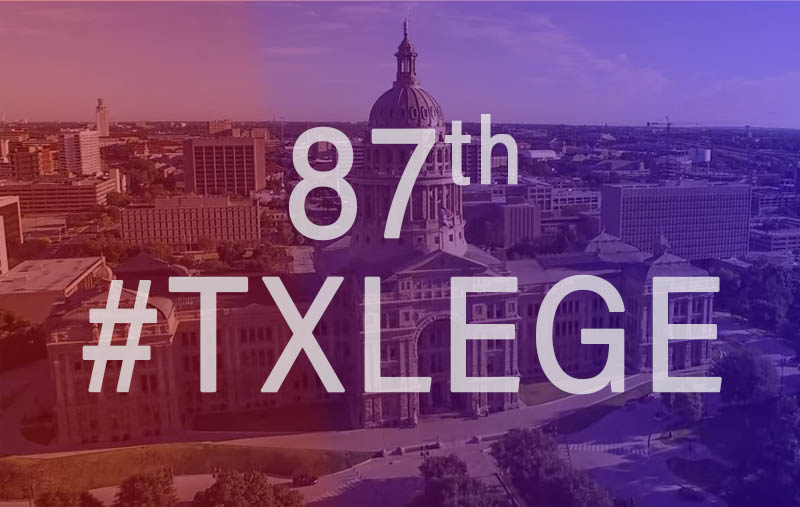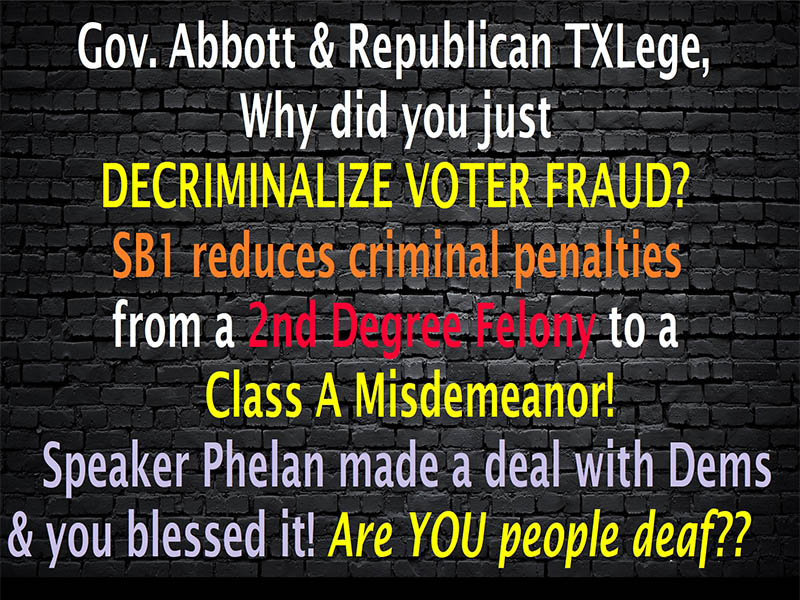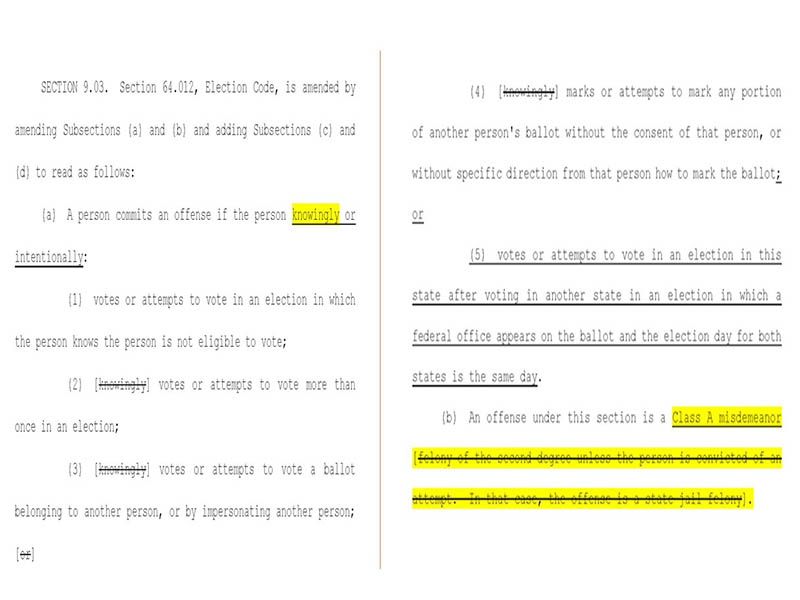
Statement on Slaton
May 8, 2023
For Immediate Release
With deep disappointment and great sadness, the Board of Directors of Grassroots America – We the People PAC, after having read the published May 6th report of the Texas House General Investigating Committee into the matter of State Representative Bryan L. Slaton, calls on Representative Slaton to immediately resign.
The report detailing sworn statements by direct witnesses, actions of obstruction, an utter lack of exculpatory evidence provided by Mr. Slaton or his attorney, and no evidence of remorse, leaves us no other choice than to conclude that Mr. Slaton knowingly violated his oath of office, House rules, and labor laws. Evidence also strongly suggests that Slaton committed offenses under Texas law by providing alcohol to minors, by abusing his office, and by committing acts of official oppression.
A 45-year-old married man with children sexually pursuing a 19-year-old woman in his employ, while knowingly plying her and another underage woman with alcohol is predatory, irresponsible, and disgraceful.
Our hearts are broken for our dear friends – Mr. Slaton’s sweet, devoted parents – for his wife, children, the constituents and supporters who placed their faith and trust in Mr. Slaton, and his victim and her family. We pray that Mr. Slaton heeds the multiple calls for his resignation, sparing the Texas House from spending time on his expulsion rather than the legislative work for the people of Texas. He should apologize and commence the road to true repentance before God – a painful but sure path that leads to forgiveness and healing.
JoAnn Fleming, Executive Director
MaryAnne Aiken
Sue Evenwel
Toni Fabry
Craig Licciardi
Joshua Machiavello
James Speiran
![]()
